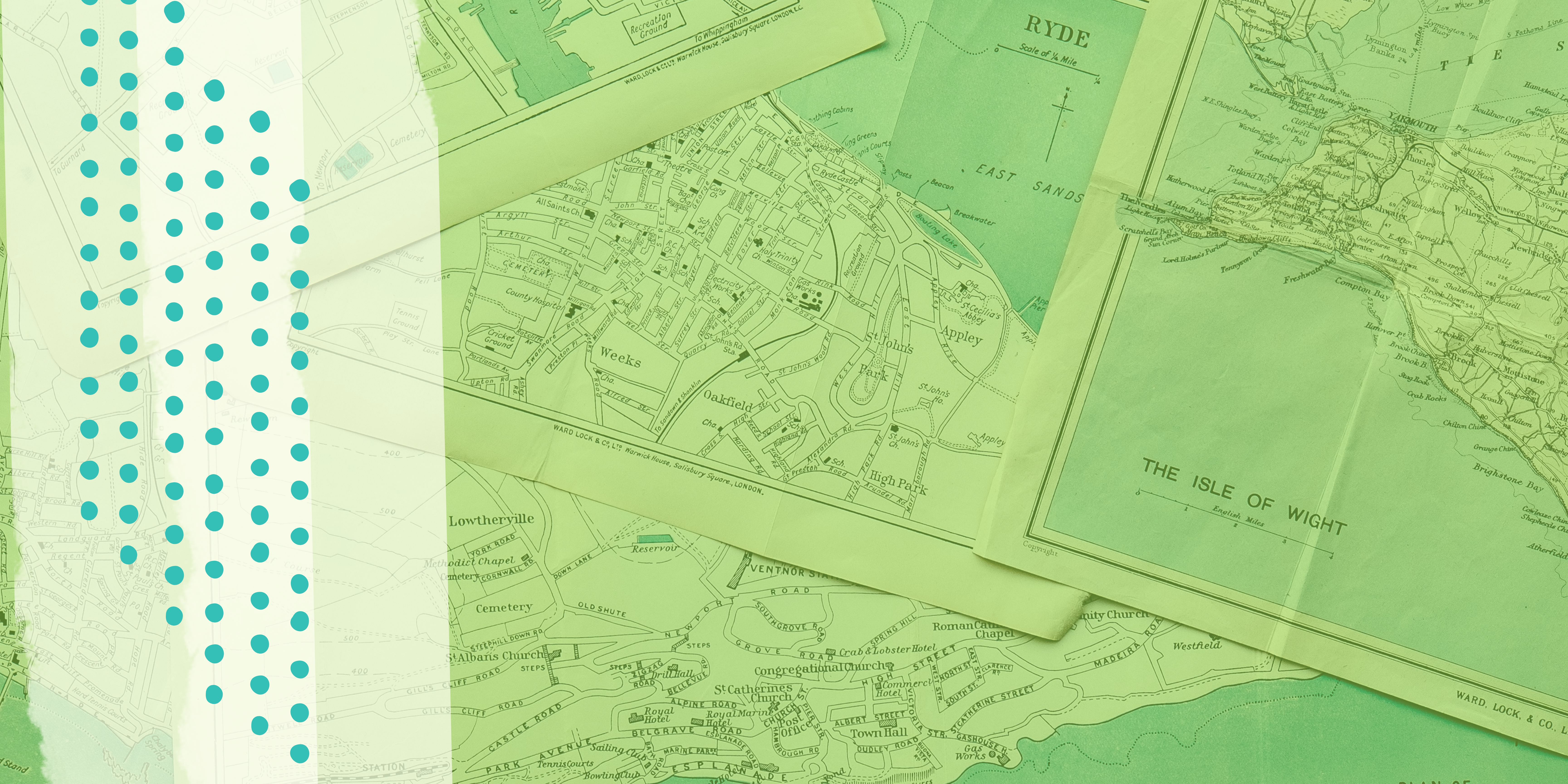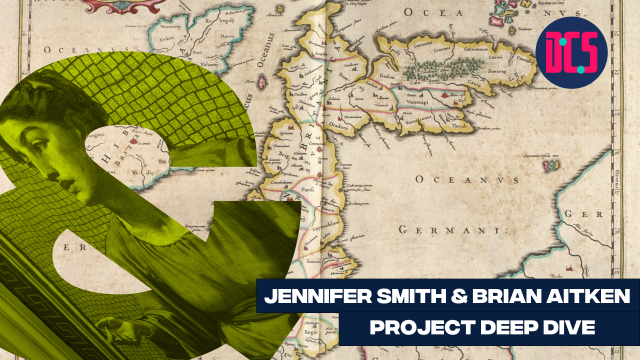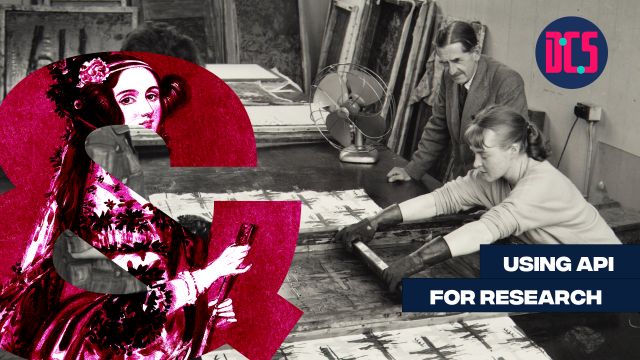Analysing Spatial Dynamics with GIS and R

In Person
This is an advanced workshop focusing on how to find patterns resulting from first and second order spatial dynamics using landscape data. The course will cover both the techniques on how to find the underlying patterns in data using QGIS and R/RStudio, alongside ways of visualising and presenting these patterns.
The workshop will begin with a presentation introducing theoretical principles. This is followed by guided practical exercises where these principles can be tested and applied, as well as developed upon.
The workshop focuses on finding clusters and groups in data and will cover the following:
-
Creating Kernel Density Maps to highlight first order spatial dynamics.
-
Use the Nearest Neighbour Index to explore second order spatial dynamics in QGIS
-
Use Ripley’s K Function to explore multiscale second-order spatial dynamics in R Studio
The workshops will develop foundational understanding of what first and second order spatial dynamics are, as well as some of the key tools with which to highlight and analyse them. In addition, the workshop will help develop understanding of the functionality of QGIS and R/RStudio through interactive participation in each session. By fostering a familiarity with the basic principles and software, it will allow attendees to confidently apply these, or indeed seek out new applications, for their own and future research.
This is an advanced course, which focuses on geographical data. A good grasp of R and QGIS is necessary.
Those who have registered to take part will receive an email with full details on how to get ready for this course.
After taking part in this event, you may decide that you need some further help in applying what you have learnt to your research. If so, you can book a Data Surgery meeting with one of our training fellows.
More details about Data Surgeries.
If you’re new to this training event format, or to CDCS training events in general, read more on what to expect from CDCS training. Here you will also find details of our cancellation and no-show policy, which applies to this event.
If you're interested in other training on geographical data analysis, have a look at the following:
- Analysing Geospatial Data with R
- How to Generate Better Spatial Data Visualisation
- How to Create a WebGIS
- Silent Disco: Geocoding Historical Data with QGIS
Return to the Training Homepage to see other available events.
Digital Scholarship Centre
Digital Scholarship Centre, 6th floor
Main Library
University of Edinburgh
Edinburgh EH8 9LJ












